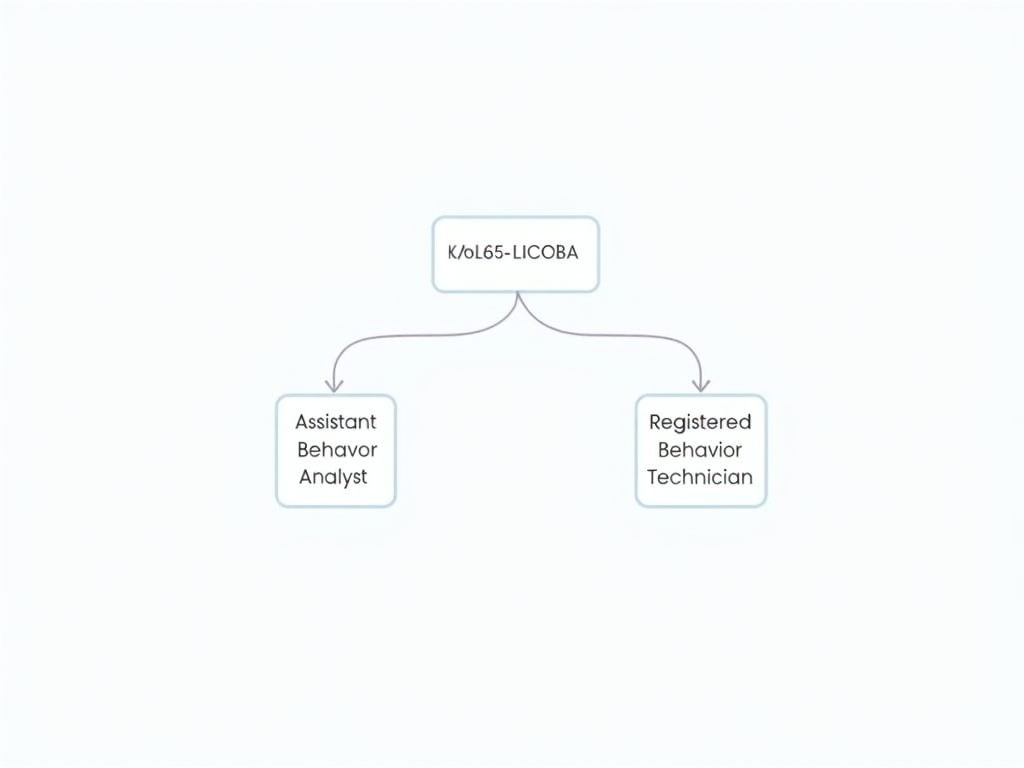Applied Behavior Analysis (ABA) certification programs are essential for professionals seeking to provide effective behavioral therapy. These programs equip individuals with the skills and knowledge needed to support individuals with behavioral challenges, promoting family wellness through evidence-based practices.
Applied Behavior Analysis, or ABA, is a scientific approach to understanding and changing behavior. It's widely used in various settings, including schools, clinics, and homes, to help individuals with autism spectrum disorder (ASD) and other developmental disabilities. ABA certification programs are designed to train professionals in the principles and techniques of ABA, ensuring they can deliver high-quality, evidence-based interventions.
Certification in ABA is crucial for several reasons. First, it demonstrates a professional's commitment to the field and their dedication to providing the best possible care. Second, it ensures that practitioners have the necessary skills and knowledge to implement ABA techniques effectively. Finally, certification is often required by employers and insurance companies, making it a valuable credential for career advancement.

There are several paths to becoming a certified ABA professional. The most common is to earn a Board Certified Behavior Analyst (BCBA) credential, which requires a master's degree in a related field, completion of specific coursework, and supervised practical experience. There are also certifications for assistant behavior analysts and registered behavior technicians, which have different educational and experience requirements.

When choosing an ABA certification program, it's important to consider several factors. Look for programs that are accredited by recognized organizations, such as the Behavior Analyst Certification Board (BACB). Additionally, consider the program's curriculum, faculty expertise, and opportunities for hands-on experience. Online programs can be a convenient option, but ensure they provide adequate support and resources for distance learners.

One of the key benefits of ABA certification programs is the opportunity to gain practical experience. Many programs include supervised fieldwork or internships, allowing students to apply their knowledge in real-world settings. This hands-on experience is invaluable for developing the skills needed to work effectively with clients and their families.

ABA certification programs also emphasize the importance of ethical practice. Professionals in this field must adhere to strict ethical guidelines to ensure the well-being of their clients. Certification programs provide training in these ethical standards, helping practitioners navigate complex situations and make informed decisions.

In addition to the technical skills and knowledge gained through certification programs, ABA professionals often develop strong interpersonal skills. Working with individuals with behavioral challenges requires patience, empathy, and effective communication. These skills are not only essential for successful therapy but also contribute to overall family wellness.
Family involvement is a critical component of ABA therapy. Certification programs often include training on how to engage and support families, recognizing that behavioral changes are most effective when the entire family is involved. This holistic approach promotes long-term success and improves the quality of life for both the individual and their family.

As the demand for ABA services continues to grow, the need for qualified professionals is increasing. Certification programs play a vital role in meeting this demand by preparing individuals to enter the field with the necessary skills and credentials. For those considering a career in ABA, certification is a key step toward making a meaningful impact in the lives of others.

To further enhance your understanding of ABA certification programs, consider exploring the following resources:
-
The Behavior Analyst Certification Board (BACB): The official website of the BACB provides detailed information on certification requirements, ethical guidelines, and continuing education opportunities.
-
Association for Behavior Analysis International (ABAI): ABAI is a professional organization that offers resources, conferences, and networking opportunities for ABA professionals.
-
National Autism Center: This organization provides evidence-based information on autism and ABA, including research studies and best practices.
These external links offer valuable insights and support for anyone interested in pursuing a career in ABA or seeking to learn more about the field.
In conclusion, Applied Behavior Analysis certification programs are essential for professionals dedicated to providing effective behavioral therapy. These programs equip individuals with the skills, knowledge, and credentials needed to make a positive impact on the lives of individuals with behavioral challenges and their families. By choosing a reputable certification program and committing to ongoing learning, ABA professionals can contribute to the growth and success of this vital field.
Discuss Here